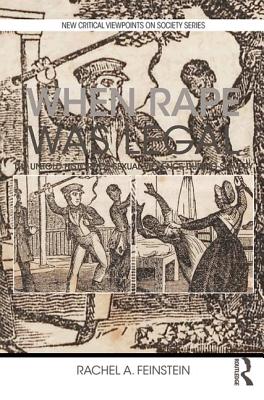Expedite your nonfiction book discovery process with Readara interviews, summaries and recommendations, Broaden your knowledge and gain insights from leading experts and scholars
In-depth, hour-long interviews with notable nonfiction authors, Gain new perspectives and ideas from the writer’s expertise and research, Valuable resource for readers and researchers
Optimize your book discovery process, Four-to eight-page summaries prepared by subject matter experts, Quickly review the book’s central messages and range of content
Books are handpicked covering a wide range of important categories and topics, Selected authors are subject experts, field professionals, or distinguished academics
Our editorial team includes books offering insights, unique views and researched-narratives in categories, Trade shows and book fairs, Book signings and in person author talks,Webinars and online events
Connect with editors and designers,Discover PR & marketing services providers, Source printers and related service providers

When Rape was Legal: The Untold History of Sexual Violence during Slavery
Social Science > Sociology - General
- Routledge
- Paperback
- 9781138629684
- 9.02 X 5.98 X 0.23 inches
- 0.35 pounds
- Social Science > Sociology - General
- (Single Author) Asian American
- English
Readara.com
Book Description
When Rape was Legal is the first book to solely focus on the widespread rape perpetrated against enslaved black women by white men in the United States. The routine practice of sexual violence against enslaved black women by white men, the motivations for this rape, and the legal context that enabled this violence are all explored and scrutinized. Enlightening analysis found that rape was not merely a result of sexual desire and opportunity, or simply a form of punishment and racial domination, but instead encompassed all of these dimensions as part of the identity of white masculinity. This provocative text highlights the significant role that white women played in enabling sexual violence against enslaved black women through a variety of responses and, at times, through their lack of response to the actions of the white men in their lives. Significantly, this book finds that sexual violence against enslaved black women was a widespread form of oppression used to perform white masculinity and reinforce an intersectional hierarchy. Additionally, white women played a vital role by enabling this sexual violence and perpetuating the subordination of themselves and those subordinate to them.
Author Bio
Rachel Feinstein received her Ph.D. in Sociology from Texas A&M University in 2014. Her areas of specialization are Criminology and Race and Ethnicity with a Women's and Gender Studies Certification. After graduating, Rachel taught for three years as an Assistant Professor at Carthage College in Wisconsin before moving to California. She loves teaching a variety of sociology classes here at California State University Fullerton, including- Theories of Social Behavior, Gender, Sex and Society, Criminology, among others.
Her research involves analyzing archival data to study sexual violence during slavery using an intersectional perspective, which can be found in her book When Rape was Legal: The Untold Story of Sexual Violence during Slavery (2018). She has also conducted in-depth interviews with incarcerated youth to explore their experiences with the justice system, and is currently analyzing the way incarcerated women and mothers are portrayed by the media and perceived by the public.
Research Interests
Criminology, Race/Ethnicity & Juvenile Justice, Sexual Violence, Gender and Incarceration
Source: California State University Fullerton
Videos
No Videos
Community reviews
No Community reviews

